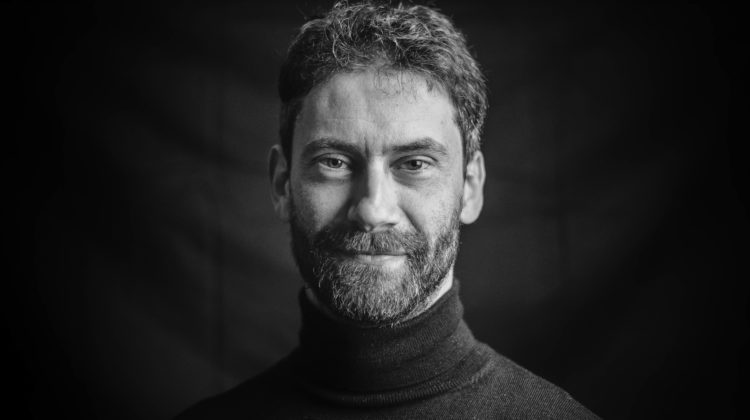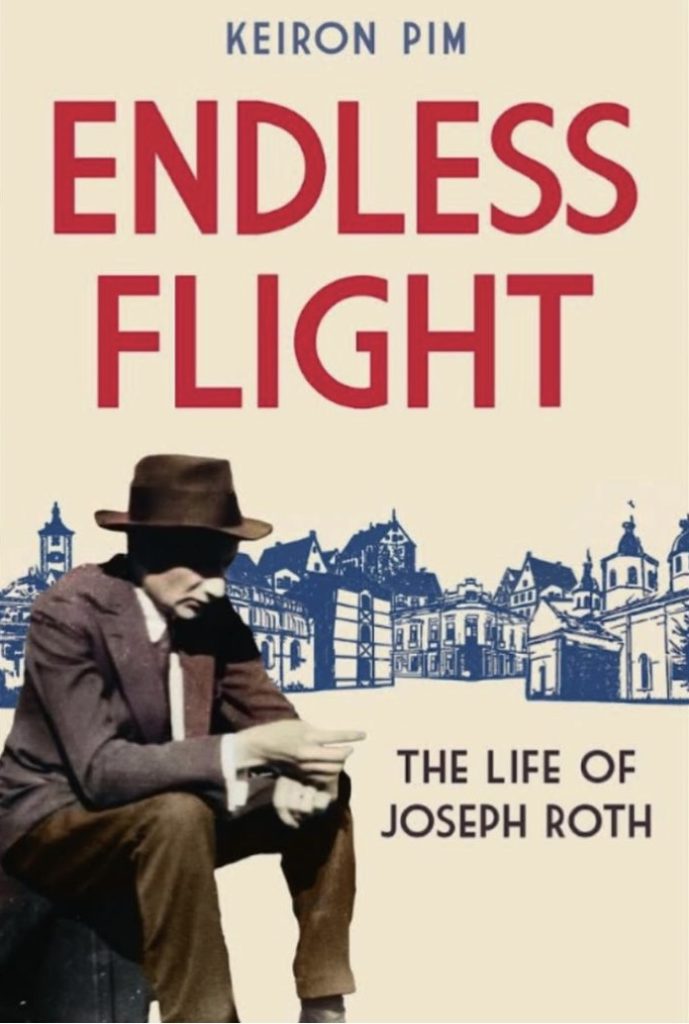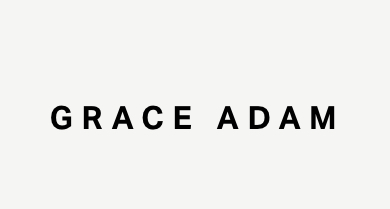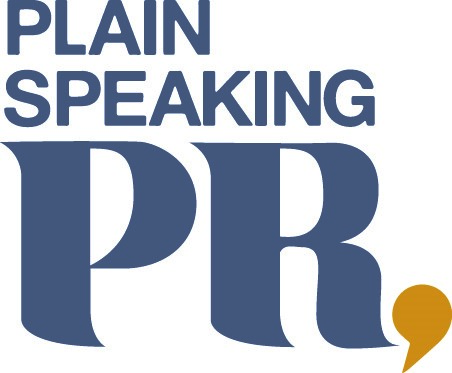
Keiron Pim is the critically acclaimed author of the first English-language biography of one of the 20th century’s greatest writers: Joseph Roth. Ahead of appearing at a Society of Authors event in Norwich on Saturday, he explains how Roth’s story resonates with the world we live in today
It’s tough to sum up 45 years on the planet in a few lines. My mum died two months ago, and I am finding that grief at the loss of a parent does make you take stock and assess where you are in your life. I have had my ups and downs but the past couple of decades I feel like I’ve gradually found my way in the world. I have a huge amount to be grateful for in both personal and professional terms. My wife Rowan and I have three wonderfully clever, funny, sweet-natured daughters who light up our lives every day, and I’ve worked hard to establish myself as an author. I’m delighted that my writing has led to me teaching at UEA and the National Centre for Writing. I really love helping students to develop their skills and confidence – there’s no more rewarding feeling than when a talented student who hasn’t yet quite found their voice makes progress on one of my courses. There are many other things I enjoy in my spare time: I love playing sport (when my dodgy back permits), playing guitar and making music with friends, and sketching out in the countryside. I’ve also been lucky enough to travel around the world in the course of my work as a writer and journalist. On reflection, I guess writing has been a theme of my life all along. When I was little, I used to make books of poems about nature and give them to my mum and dad. I couldn’t have imagined then, or even throughout my 20s, that I would end up having real books published and widely covered in the media. All told, I have many reasons to be cheerful.
When did you realise that you wanted to become a biographer and what were you doing before?
I think it developed from my previous job as a feature writer on the Eastern Daily Press, where I worked from 2001 to 2013. I often used to write double-page interviews with celebrities or interesting local characters in which I would try to understand the interviewee and pass this insight on to the readers. I can see a link there with what I try to do as a biographer: trying to get into the subject’s head, understand why their life turned out as it did, what factors and decisions shaped its trajectory. The difference, of course, is that I haven’t interviewed my biographical subjects – they’re both long dead – but the same motives are at play in my books as in my journalism. And I have repeatedly put the interviewing skills I gained at the EDP to good use in writing biographies. For instance, in my last book, Jumpin’ Jack Flash: David Litvinoff and the Rock’n’Roll Underworld (Jonathan Cape, 2016), I interviewed over 100 people from all areas of Litvinoff’s life: rock stars, artists, gangsters, you name it. My years on the EDP were a brilliant foundation for writing non- fiction books in that I learned how to identify and tell a story, and really what I’ve been doing since then is telling stories on a bigger scale.
What have you had published so far and what is it about biographical writing that appeals to you?
I’ve had two biographies published – Jumpin’ Jack Flash and now Endless Flight: the Life of Joseph Roth (Granta, 2022) – and before that, a popular science book about dinosaurs. Here in the UK, it was called The Bumper Book of Dinosaurs (published by Square Peg, an imprint of Penguin Random House), and in the USA it was published by The Experiment with the title Dinosaurs: the Grand Tour. That was a fun book to write, but since then I’ve focused on biography. I think the appeal is much as I’ve just described: I love trying to understand people’s psychology and how their lives both shape and are shaped by the times they’re living in. With David Litvinoff, the setting was post-war London into the Swinging Sixties. With Roth, who lived from 1894-1939, it’s really the period between the two world wars. In both cases the subject lived a fascinating life within an equally fascinating historical period, and I greatly enjoyed exploring the interplay between their lives and times.
What led you to writing Endless Flight, in particular?
I first read Joseph Roth about 20 years ago, when Granta published the first English translation of his non-fiction book The Wandering Jews, a study of the situation of the Jewish people in the 1920s across Europe, from Paris to the USSR. I found it a beguiling book – it’s ostensibly non-fiction but in places the prose has a strange, dreamlike quality that feels more concerned with poetic truth than documentary truth – and it got under my skin and haunted me. I had in mind for a long while that I wanted to explore his writing further. It wasn’t until a few years ago, though, that I did that. After my last book came out, I spent quite a while searching around for a new subject. I had a long false start trying to develop an idea for a Victorian history book that I never quite got right, then I happened to google Joseph Roth, and read an article about him that mentioned there was no biography of him in English. So, I thought I would try to put that right! Five years later one exists, and people are reading it, which is a really satisfying feeling.

How long did the research process take – and where did it take you?
That five years obviously had a pandemic in the middle, which I must admit wasn’t altogether a bad thing from a writer’s point of view: the sudden absence of any other work or a social life presented an unmissable opportunity to focus on turning out a first draft of my manuscript. But in one critical respect Covid proved a hindrance to my research, in that I began the book with ambitious plans to travel around Europe in Roth’s footsteps, researching his life in all the most important locations: his birthplace in what’s now Ukraine, then Vienna, Berlin, Paris and Amsterdam. I thought I should start my research where his life began, so in 2019 I spent a few days in Ukraine, basing myself in Lviv but also exploring his hometown an hour to the east, which is called Brody. I thought I would make further trips in 2020, but of course early that year we all went into lockdown. After the travel restrictions eased about a year ago, and with my deadline fast approaching, I fitted in last-minute trips to Paris, Amsterdam and Ostend, where Roth spent a memorable spell in 1936 with émigré friends including fellow writer Stefan Zweig, one of the most important figures in his life story. Alas, I couldn’t get to Vienna or Berlin while I was carrying out my research. I had a trip to Vienna booked last winter but Austria went into lockdown a couple of days before I was due to travel, so I had to abandon it. However, I did just go there a couple of weeks ago in connection with publicity duties for the book and, while I was there, I visited some of the places where Roth lived, so I might work some of this new material into the paperback edition next year.
How does Joseph Roth’s story resonate with the world we live in, today?
I was only in Ukraine for a week, but I really developed an attachment to the place, in particular the city of Lviv, which is enchantingly beautiful and steeped in history. I’d love to go there again one day. I got to know a few people there who I have stayed in touch with, and obviously I have been very concerned for their safety. What has happened in Ukraine this year only emphasises that the themes of Roth’s lifetime are still playing out today – e.g., how fiercely contested that area of eastern Europe is, the tension between would-be imperial powers and smaller nations seeking to gain or retain self-determination, forced migration, the condition of exile, conflicted identity, the rise of nationalism and populists agitating against ailing supranational projects. So, it was a book that felt necessary to me from the beginning, not least in that Roth was far too major a writer not to have an English biography, but also because the issues of his time are those of ours today. The shifting world he grew up in – the patch of Ukraine I visited in 2019, which was the eastern fringe of Austria-Hungary in his day, then in Poland after the First World War, then Ukraine, and which Russia now wants to claim as its territory – is again at the front of our minds. It is a story of a brilliant and tragic man whose individual life story I found compelling, but it’s also in many respects a story for our times.
Do you feel a huge sense of responsibility when you’re telling someone’s life story?
I do, yes, in multiple respects: to the subject, whose life I must describe and assess fairly; to the book’s readers, as they deserve to read something accurate and enjoyable; to my publisher, who has shown faith in me that I’ll write a good book; and not least to my family, who put up with me being annoyingly absorbed in my work at times, so I’d better show them that all my efforts were worthwhile.
You’re a tutor for the Creative Writing MA, at UEA. What do you do when you’re not writing (or teaching about writing)?
In terms of my work, I’m also a proofreader and copy editor, and I still write occasional pieces of journalism and book reviews. Outside of work, when I have some spare time, I like to pursue the pastimes I mentioned earlier. I haven’t had much spare time in recent years though – work/life balance is something I’m doing my best to put right now that the Roth biography is published.
What, or rather who, is next on your wish-list?
I’ll answer ‘what’ rather than ‘who’: a rest! After a manic decade in which, alongside having a young family, I wrote two books that took five years apiece, I need to give myself some breathing space to recharge and decide what to do next. Most immediately I’m going to focus on my teaching and being around for my family, in particular because since my mum died in September. We all need time to grieve and support each other. I’m hoping to develop a new book idea next year, and at the moment I think it won’t be another biography. I’d like to write another in future, but for now I fancy a different challenge.
Join East Anglian Writers on Saturday 19 November from 2pm and hear biographer Keiron Pim in conversation with literary translator Amanda Hopkinson about the acclaimed European novelist and essayist Joseph Roth. The talk will take place in the Vernon Castle Room (top floor), Millennium Library, Norwich. Please arrive at 2pm for the talk from 2.30-4pm. This event is free to attend. Booking is essential as there are limited places available. Endless Flight: the Life of Joseph Roth, is published by Granta Books.
Featured image of Keiron Pim by Nick Stone









Leave a Reply